Members’ Activities
Members of Parliament (or Members) have a wide variety of responsibilities. Here are some details to help you better understand the work they do.
In the Chamber
The Chamber of the House of Commons is where Members meet to debate and decide on issues that matter to Canadians. The Speaker of the House and other Presiding Officers oversee these activities in the Chamber.
In the Chamber, Members usually
- Learn more about a typical week in the Chamber.
- Watch Chamber proceedings on ParlVU.
- Take a virtual tour of the Chamber in West Block.
Statistics about the Chamber (from April 1, 2024 to March 31, 2025)
-
Sitting days
98
-
Written questions submitted
944
-
Statements and rulings by the Speaker and other Chair occupants in response to points of order or questions of privilege
44
-
Sessional papers tabled
2,468
Between April 1, 2024 and March 31, 2025, the House had 821 sitting hours. The most discussed topics in the House included the green economy, the rights of Parliament, the carbon tax, Budget 2024, housing, the cost of living, the Main Estimates for 2024–2025, government contracts, foreign‑influenced activities, and Indigenous peoples.
Appearance at the Bar of the House of Commons
For the first time since 1913, the House of Commons exercised its authority to summon a committee witness to be admonished and to answer questions at the Bar of the House. This happened because the House decided the individual was in contempt of Parliament for refusing to answer the questions of a parliamentary committee. The individual stood at the Bar, a brass rail separating the public from the Chamber, to receive a formal reprimand from the Speaker and to answer questions.
Members then asked questions through the Speaker about why the individual was summoned. This process showed that the House has the right to conduct its own investigations, require witnesses to appear before the House and be forthcoming in their answers to questions, and hold them accountable if they don’t cooperate with parliamentary proceedings.
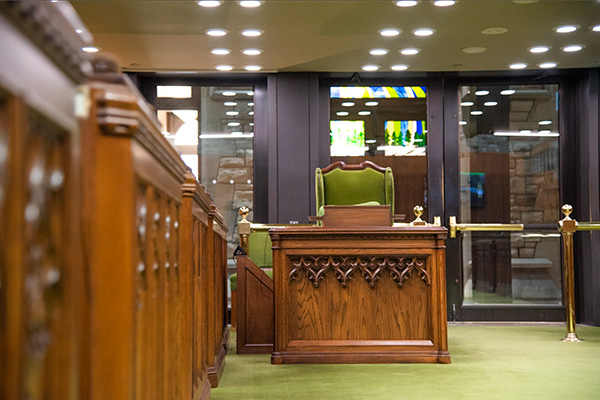
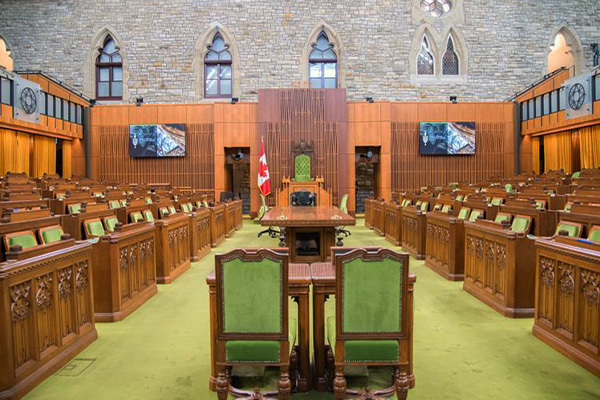
Prorogation of the parliamentary session and dissolution of Parliament
In early 2025, the Governor General, following the Prime Minister’s advice, “prorogued parliament.” This term means ending a parliamentary session, in this case the first session of the 44th Parliament. Doing so puts all House activities on hold until the start of the next parliamentary session. The House and its committees don’t meet during this period, and most debates on bills and motions and other parliamentary work come to an end.
Then on March 23, 2025, the day before the second session was scheduled to begin, the Governor General officially dissolved the 44th Parliament, again on the advice of the Prime Minister. This means the 44th Parliament ended. Then a general election was called for April 28, 2025, leading to the 45th Parliament.
Job opportunities for students
Every year, young Canadians get a chance to work at the House, right in the middle of Canada’s democracy, thanks to two programs: the Page Program and the Parliamentary Internship Programme (PIP).
In the Page Program, 40 first‑year university students from across Canada are hired to work part‑time in the House of Commons. Pages help Members and get to see how Parliament works up close.
The PIP started in 1970 and is for recent university graduates. It offers interns a full‑time, non‑partisan job where they work with both government and opposition Members. Interns also meet with decision makers, go on study trips, and do research.
As part of the PIP and starting in 2025–2026, interns will be enrolled as graduate students at the University of Ottawa. They will receive a scholarship to help support them during the Programme and earn a Graduate Certificate in Public Administration.
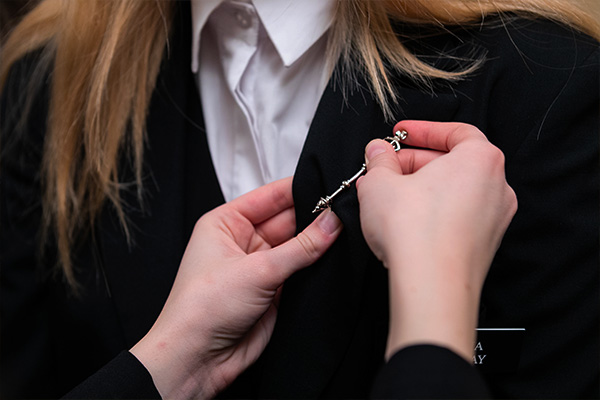
In committees
Committees are small groups of Members who look into specific topics.
- They study issues related to their area of focus.
- They review new laws being proposed.
- They examine how the government spends money.
To help with this work, they often invite government officials, experts, and members of the public to share information. After they finish their work, committees report back to the House of Commons with what they found and recommend what should be done.
There are different types of committees:
- Standing committees: These are permanent committees set up based on the rules of the House of Commons. They are authorized to study various issues related to their mandate and the government departments assigned to them by the House.
- Standing joint committees: These permanent committees include both Members and Senators. They are created based on the rules of both the House and the Senate.
- Special committees: These are temporary committees created by the House to look into specific issues. They are dissolved after they finish their work or when the House is no longer meeting.
- Special joint committees: These are also temporary but include both Members and Senators. They are created by both the House and the Senate and are dissolved after they finish their work or when the House is no longer meeting.
- See the list of committees.
- Learn more about committees.
- Browse the committee meetings and watch or listen to public meetings.
Committee work in numbers
From April 1, 2024 to March 31, 2025, committees had 964 meetings. This includes the meetings of standing and special committees, as well as their subcommittees. During that time, 3,795 witnesses appeared before committees either in person or by videoconference. Committees also presented 150 reports to the House of Commons and received 1,892 written submissions, called briefs. These briefs, along with other information, help committees better understand the topics they are studying and support the recommendations they make in their reports to the House.
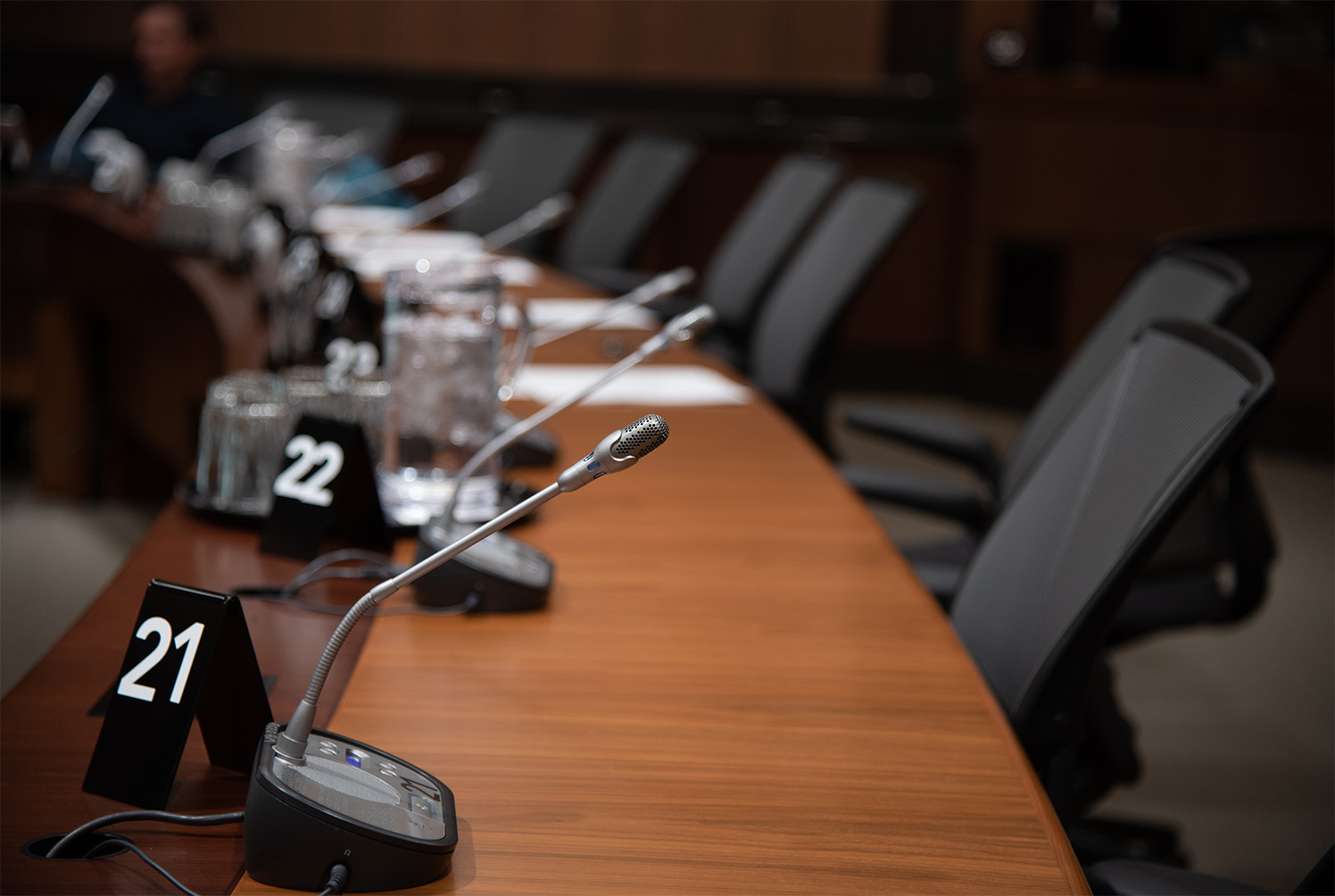
Some of the topics committees reported on include the following:
- Improving support for Canadian women veterans
- Supporting healthy childhoods for future generations
- Helping Indigenous students graduate and succeed
- Strengthening Canada’s international diplomacy
- Tackling car theft in Canada
- Understanding how artificial intelligence affects Canadian workers
- Addressing anti‑Semitism and Islamophobia
- Improving disaster relief and the Canadian Armed Forces’ domestic work
Employees of the House Administration support committees. These employees coordinate meetings, prepare documents, and help organize witness participation. They also advise Members and Members’ staff on committee rules and practices, including providing information on the legislative process, and they draft amendments for the study of bills in committees on behalf of Members. They also issue notices of meetings at the request of the Chair of each committee and prepare the Minutes of Proceedings following each committee meeting.
Outside the parliamentary precinct
Committees travel within Canada and abroad to examine issues related to their mandates.
For example, in 2024:
- The Standing Committee on Indigenous and Northern Affairs went to New York City in April to attend a United Nations event on Indigenous issues.
- The Standing Committee on Health travelled across Canada in May to learn more about opioids and toxic drugs.
- The Standing Committee on Public Safety and National Security visited Montréal to look into the issue of car thefts in Canada.
Informal meetings
Sometimes, committees choose to meet informally with parliamentarians and government officials from other countries who are visiting Canada. These meetings are not official committee meetings, so they can happen in a more relaxed setting. This allows for a different kind of conversation than what usually happens in formal meetings.
Over the past year, committee members had many informal meetings with international counterparts to talk about shared interests and challenges.
-
May
The Standing Committee on National Defence met with a delegation from Germany to talk about defence and the North Atlantic Treaty Organization (NATO) activities in Europe.
-
October
The Standing Committees on Health and on Agriculture and Agri‑Food met with a US congressional delegation.
-
November
The Standing Committees on Procedure and House Affairs and on Veterans Affairs met with a delegation of Ukrainian women parliamentarians. They discussed the experiences of women parliamentarians and the reintegration of veterans into society after their service.
In international and interparliamentary forums
Parliamentary diplomacy refers to the discussions and collaboration among legislators from around the world. The Speaker of the House and Members represent Canada’s Parliament in many ways around the world. Over the past year, they met with other parliamentarians, took part in discussions on national and global issues, and spoke up for Canada’s interests. They also helped promote democracy and build stronger social and economic relationships with other countries.
The Speaker’s diplomatic role
In addition to their role in the House of Commons, the Speaker of the House has ceremonial and diplomatic duties. They welcome and meet visiting heads of state, speakers and diplomats. They also lead parliamentary missions abroad to support positive relations around the world.
In 2024–2025, Speaker Fergus visited several countries (Kenya, Rwanda, Algeria, Ukraine and Poland) as part of official trips. He also represented Canada at important international meetings, including the gatherings of the European Union, NATO, and the G7 parliamentary Speakers.
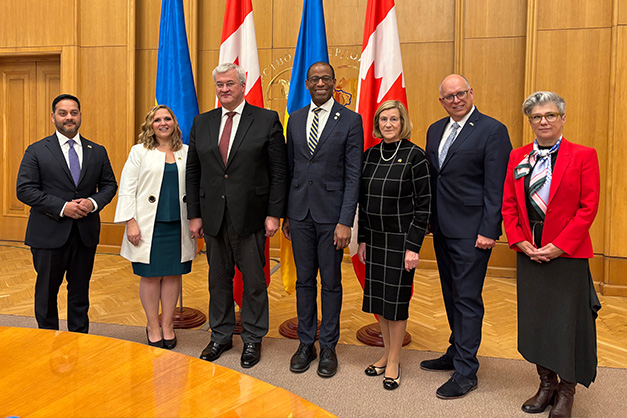
Statistics about the Speaker’s parliamentary diplomacy activities (from April 1, 2024 to March 31, 2025)
-
In‑person incoming activities
63
-
In‑person outgoing activities
8
-
Virtual activities
3
Conferences
Canada often sends delegations to interparliamentary assemblies connected to organizations like the Commonwealth, La Francophonie, and NATO. In 2024, Canada hosted two of these assemblies and welcomed delegations from all participating parliaments to Montréal.
From July 5 to 9, some 350 delegates from 50 French‑speaking parliaments and interparliamentary organizations met in Montréal for the Annual Session of the Assemblée parlementaire de la Francophonie. They heard a speech from Louise Mushikiwabo, the head of the Organisation internationale de la Francophonie, and passed resolutions on topics like protecting biodiversity and promoting peace and security in the Democratic Republic of the Congo.
From November 22 to 25, the NATO Parliamentary Assembly sent 57 delegations (totalling 260 lawmakers) to its 70th Annual Session. The Session’s policy recommendations regarding various topics were distributed to member parliaments, and the topics included the responsible use of artificial intelligence in the military and the continued support for Ukraine through military, financial and humanitarian aid.

Parliamentary associations
Senators and Members participate in international diplomacy by joining parliamentary associations and interparliamentary groups. This gives them the chance to have organized discussions with their counterparts from other countries. The House of Commons and the Senate work together to manage 13 associations and report on their activities.
In 2024–2025, Canadian Senators and Members attended over 185 events organized by these associations and interparliamentary groups, including the following:

Canadian Branch of the Commonwealth Parliamentary Association
From November 3 to 8, Canadian delegates attended the 67th Commonwealth Parliamentary Conference in Sydney, Australia. They discussed key governance issues facing the Commonwealth, participated in the Commonwealth Women Parliamentarians forum, debated the use of artificial intelligence in parliamentary processes and practices, and agreed on a series of recommendations for Commonwealth parliaments.
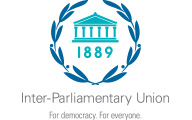
Canadian Group of the Inter‑Parliamentary Union
From October 13 to 17, delegates from the Canadian Group of the Inter‑Parliamentary Union (IPU) attended the 149th IPU Assembly in Geneva, Switzerland. They participated in committee work and discussions on topics like arms control and disarmament, the financing of the United Nations system, and the impact of artificial intelligence on democracy and human rights. The Assembly also marked the 25th anniversary of the Ottawa Treaty banning anti‑personnel landmines.
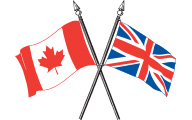
Canada‑United Kingdom Inter‑Parliamentary Association
From October 13 to 18, the Canada‑United Kingdom Inter‑Parliamentary Association met in the United Kingdom. In Westminster, the Canadian delegation held talks with its counterparts from the British Parliament on trade and security. They also visited a military training camp in Lydd, where Canada, the United Kingdom, and their allies trained Ukrainian forces. The delegation also visited the Northern Ireland Assembly to better understand Northern Ireland’s political situation.

Canadian Section of ParlAmericas
From November 13 to 15, a delegation from the Canadian Section of ParlAmericas visited Guatemala. They met with President Bernardo Arévalo and discussed topics such as their economic relationship, Indigenous peoples, and women’s participation in the workforce. The delegation also spoke with Guatemalan disaster relief workers and civil society and United Nations representatives to find out about the rights of Indigenous peoples.